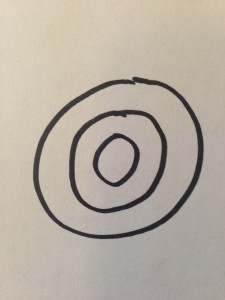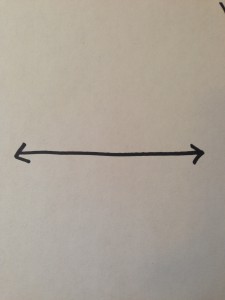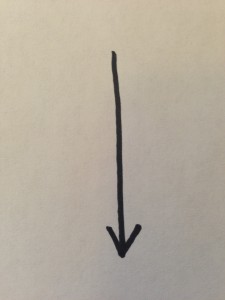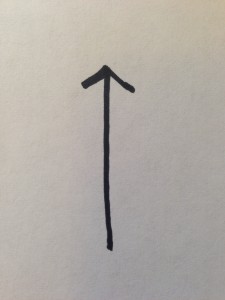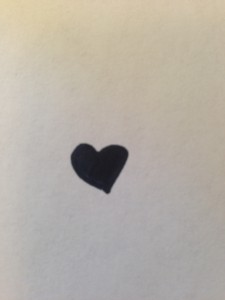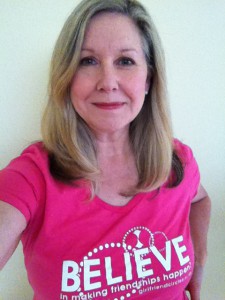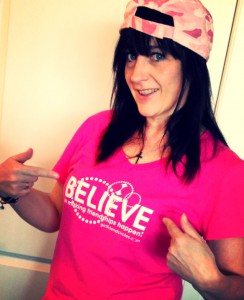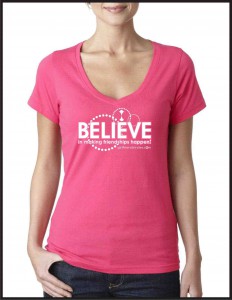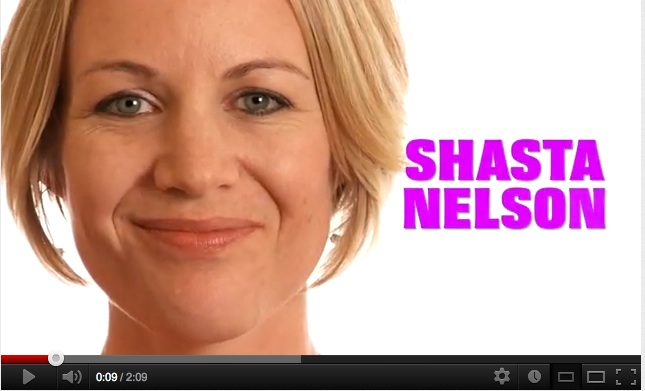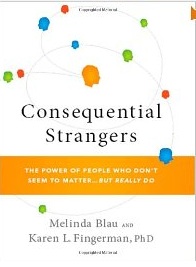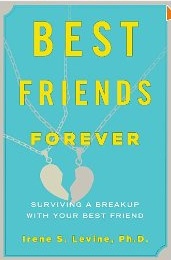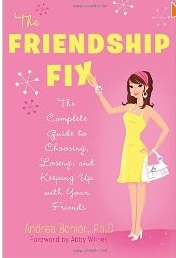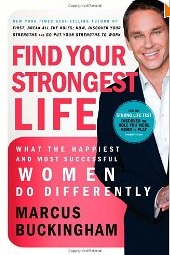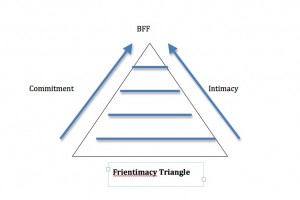Yay you that you’re thinking ahead of how to best gather women together for some meaningful time! It matters more than we can possibly imagine— far too many of us are going through life wishing for deeper connections with each other.
Let me share one idea for a group that not only ensures all the attendees are sharing, but also provides them the tools and knowledge that can improve all of their friendships! At minimum, it reenforces how important it is that they showed up to your event, helps bond them to each other, and hopefully casts the vision for more consistency at future events. But beyond that power of what happens in your time together, when they learn the 3 Requirements of Frientimacy, they will be better equipped to strengthen all of their relationships!
Topic: The 3 Requirements of All Relationships
When TEDcircles featured my TEDx last month, I heard from so many groups of people around the world who loved the content and felt closer to their group for having talked about the topic of friendship with each other. So whether you’re looking for a fun conversation with people who don’t know each other very well or want to go deeper during a girls weekend away— this 16 minute video can give you all some shared understanding about what comprises a successful relationship and can set up a rich conversation that bonds you to each other!
Before watching the video, facilitate some introductions/conversation among your group. If the group is large, you can have them split into groups of 3-4, otherwise pick a question that feels appropriate for your group and go around the circle to share your responses:
Don’t know each other well? Take a moment to learn names and give a chance to introduce the subject to everyone:
Share with us your name and tell us what you most appreciate about one of your closest friends.
Share with us your name and tell us what images are evoked for you when you hear the word “Friendship.”
Share with us your name and tell us why you were drawn to this conversation tonight…
Good friends already? To get everyone thinking deeper about friendship, pick a question:
Let’s go around and share one specific aspect we each appreciate about the friendships in this group.
Let’s go around and share what feels the hardest about our other friendships right now in our life. Or, what do you think is the most challenging aspect of friendship?
Let’s go around and share how our view of friendship has changed over the years.
Then, watch the 16 minute video together: “Frientimacy: the Three Requirements of All Healthy Relationships” by Shasta Nelson.
3. After the video, pick a few questions for deeper discussion:
What jumped out at you the most in this video? Share one specific thing that resonated with you?
Which of the 3 Requirements— Positivity, Consistency, and Vulnerability— do you feel comes most naturally to you/your friendships? (or do you feel the most in “our friendship?”) Why? How?
Which of the 3 Requirements— Positivity, Consistency, and Vulnerability— do you think would make the biggest difference if you were to increase it in your friendships? (or “our friendship?”) Why? How?
If you were to score yourself on a scale of 1-10 for how loved and supported you feel in your friendships right now, (10 being the most satisfied) what factors would you take into consideration that raise or lower that score?
In what way do you wish you felt more “seen” in your friendships?
If you could wave a magic wand and change one thing your/our friendship(s) what would it be?
Why do you think connectedness is correlated with the significant health issues cited? How does that make you feel?
What would need to change in your life in order for you to move more friendships up the Triangle?
If we wanted to be closer to each other— showing up to really see each other in safe and satisfying ways”— what would we need to do differently?
May your time together not just bring you together, but bless all of the relationships in each of your lives! :)


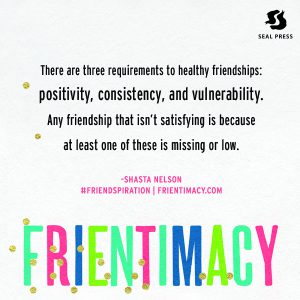 feeling really known and supported. Or, if you have positivity and vulnerability (a meaningful time where you felt seen and appreciated) but lack consistency so that it's not ever repeated, then it was just a really special moment with someone, but not a friendship. Or if you have consistency and vulnerability (deep sharing happening all the time) but lack positivity, then it's just a draining relationship that leaves you feeling weary. We have to have all three.
feeling really known and supported. Or, if you have positivity and vulnerability (a meaningful time where you felt seen and appreciated) but lack consistency so that it's not ever repeated, then it was just a really special moment with someone, but not a friendship. Or if you have consistency and vulnerability (deep sharing happening all the time) but lack positivity, then it's just a draining relationship that leaves you feeling weary. We have to have all three.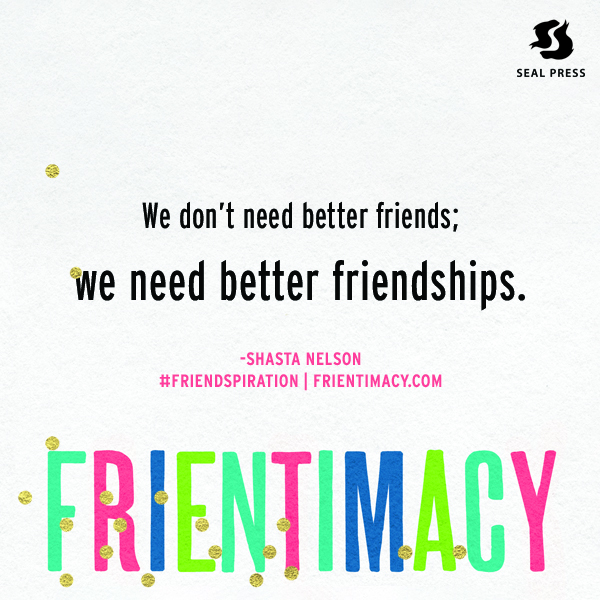
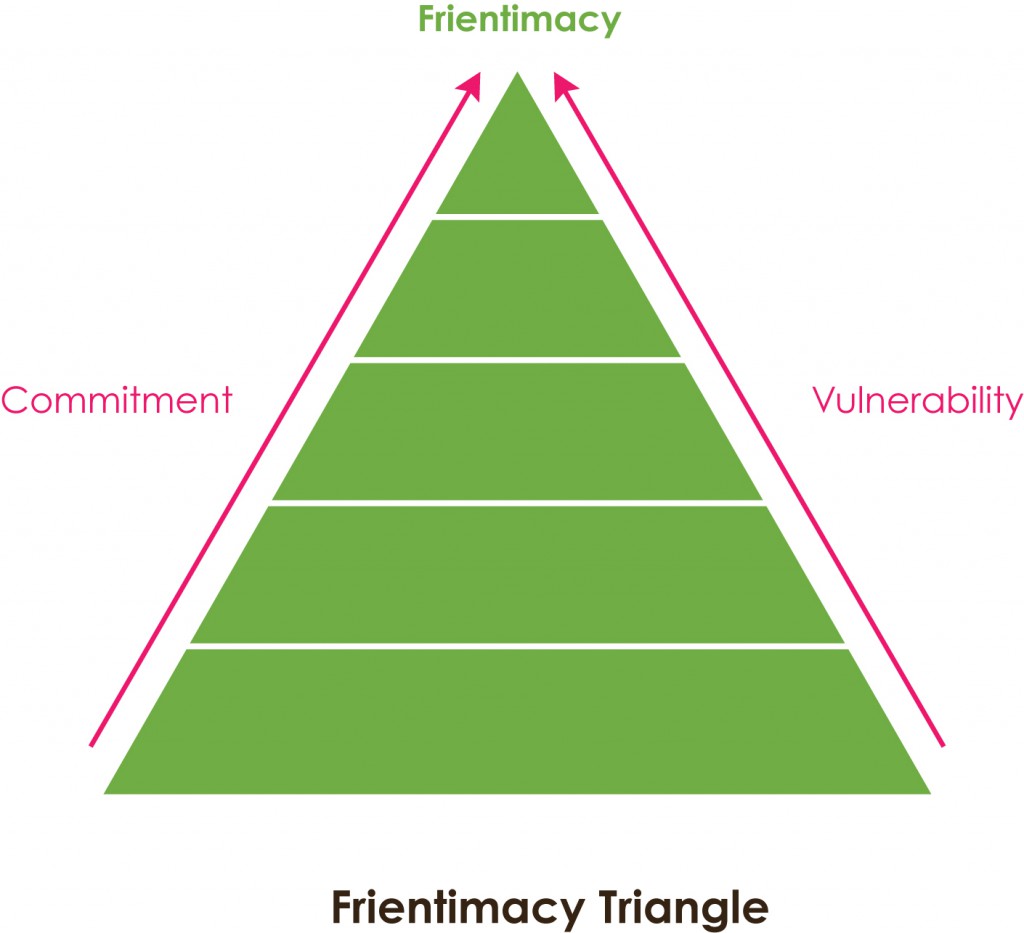
 ) defines vulnerability as "uncertainty, risk, and emotional exposure." After decades of researching shame she has helped make the connection in our culture that if we shy away from vulnerability (thinking that it protects us from shame) that we are, indeed, shying away from the core of our feelings, including many of the "good" feelings we want to feel! She says,
) defines vulnerability as "uncertainty, risk, and emotional exposure." After decades of researching shame she has helped make the connection in our culture that if we shy away from vulnerability (thinking that it protects us from shame) that we are, indeed, shying away from the core of our feelings, including many of the "good" feelings we want to feel! She says,